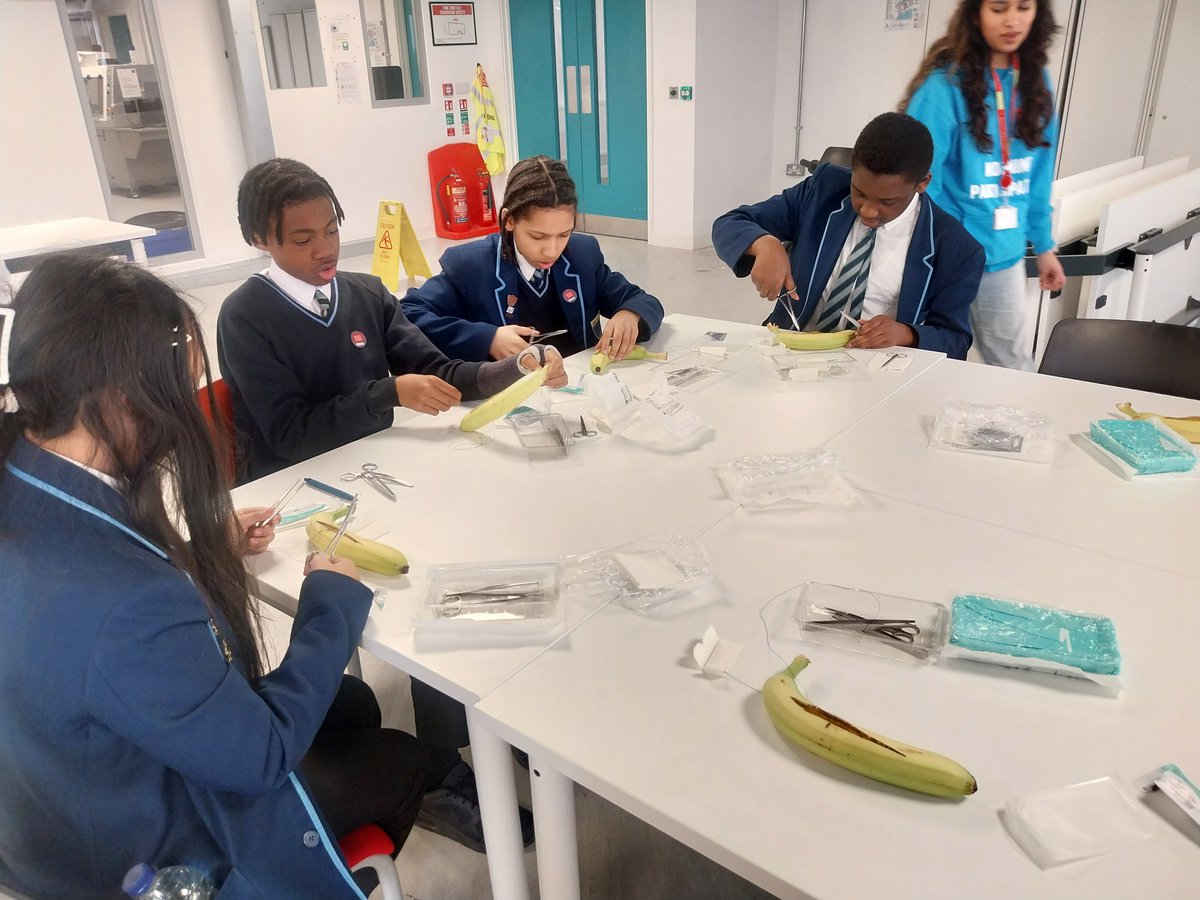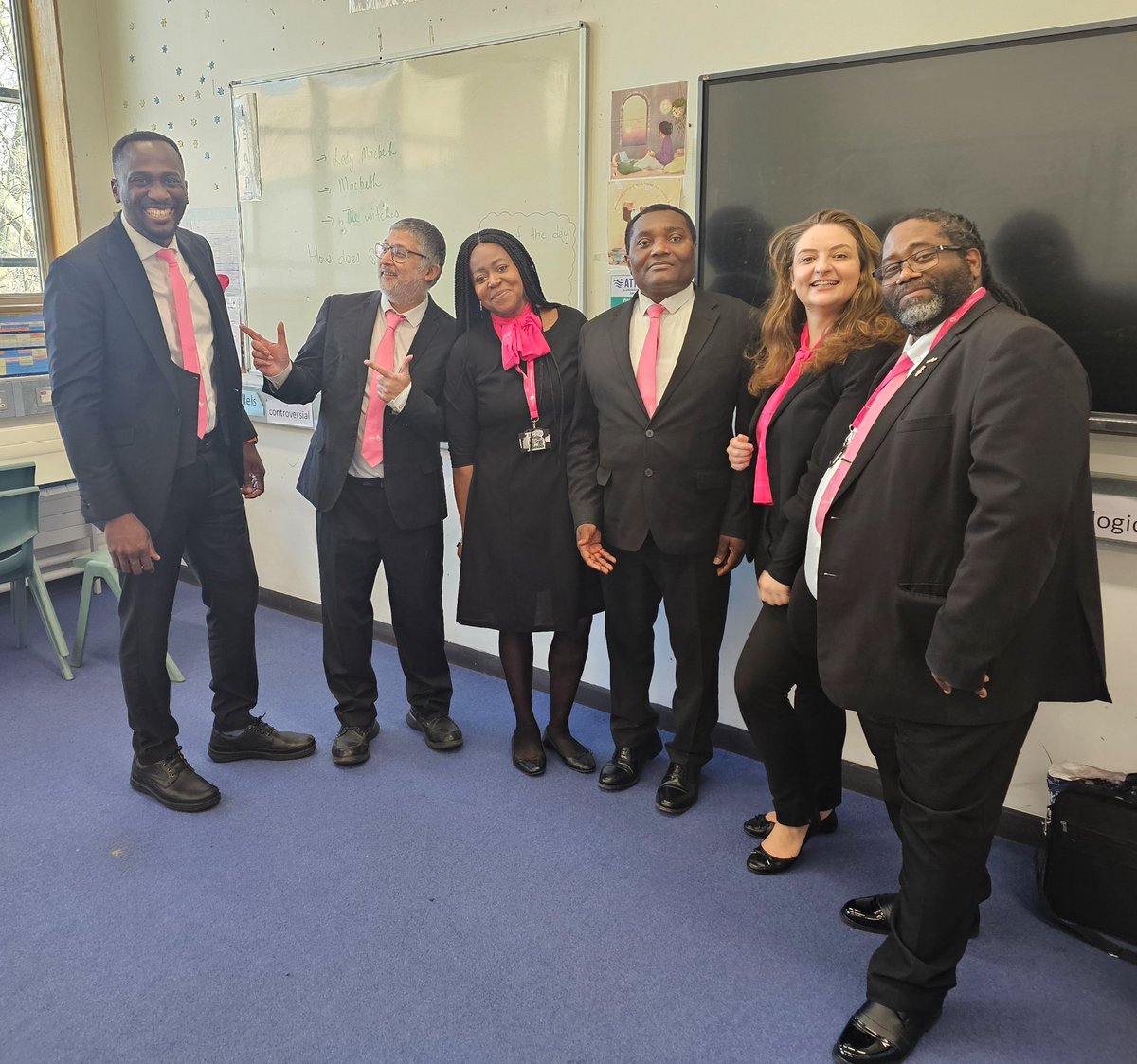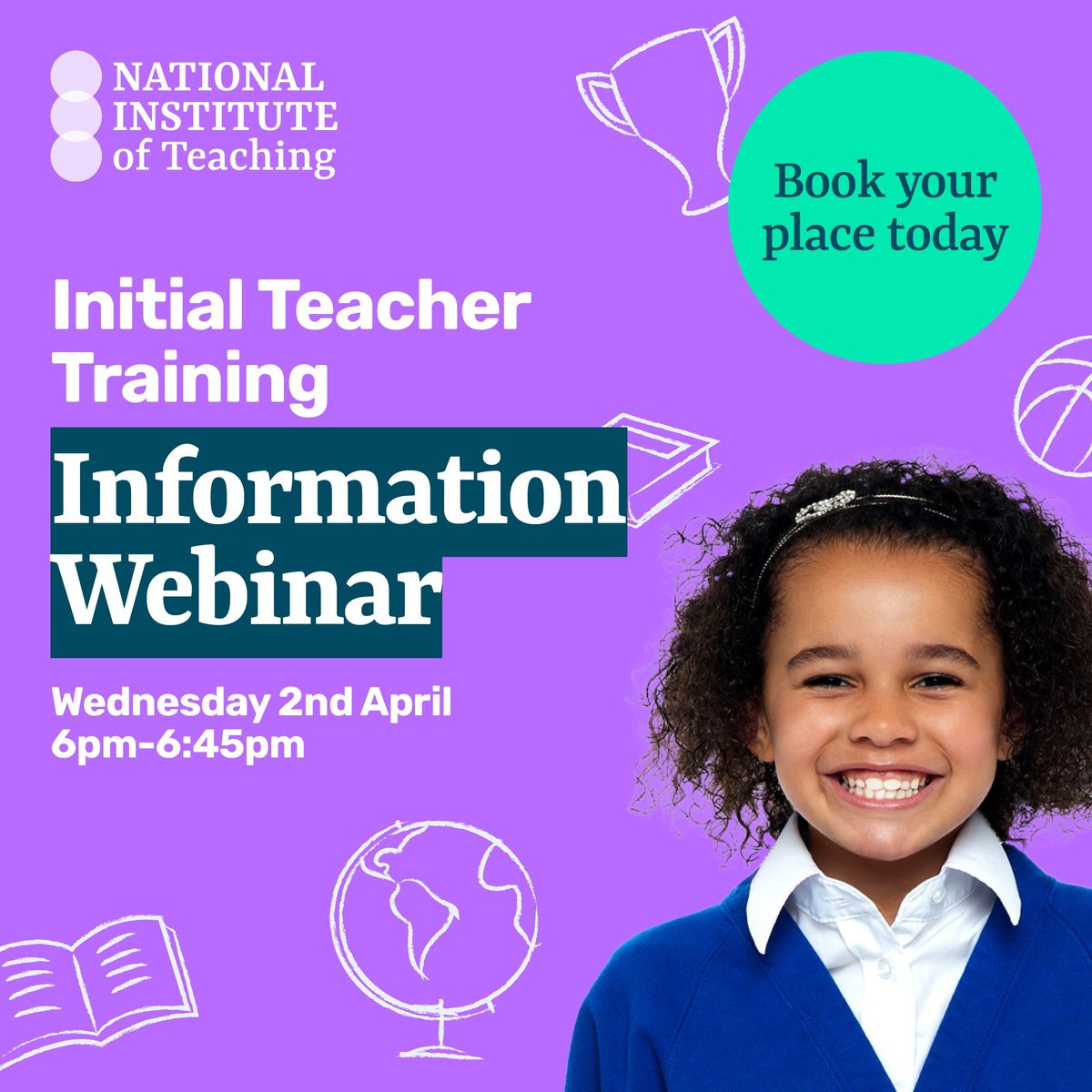Latest News
Posted on July 11th 2022
Extra Experiments Make Science Come Alive
 Mr. Jackson, our Second in Charge of Science, conducted a survey of students in KS3 this summer to evaluate their experience in science.
Mr. Jackson, our Second in Charge of Science, conducted a survey of students in KS3 this summer to evaluate their experience in science.
The data generated highlighted a reoccurring theme: a need for more practical experiments. We immediately set about making changes to our planning and teaching!
All our teachers made a concerted effort to include more practicals in science lessons. Over the last three months we have drastically increased the number of experiments students get to see and participate in. Now, when students are quizzed about science lessons, the first thing they mention is the number of experiments.
This hands-on approach to teaching scientific concepts allows more 'dual coding' (providing verbal and visual materials at the same time) and deepens students' understanding of the content. This approach has definitely made students enjoy science far more. Routinely, as students enter the classroom the first question is: “Are we doing a practical today?” The moment they hear the trolley moving down the corridor the excitement becomes almost palpable.
 There are numerous benefits from this development. Science, particularly Chemistry and Physics, can be very abstract, hence the need to do experiments so students can see real-life applications of the theory. It also enables us to properly prepare students for their required practicals in KS4. In fact, some experiments at KS3 are ideal prerequisites that students will need to complete in the GCSE curriculum. Another benefit is the additional level of differentiation we can provide, to support our less or more able students.
There are numerous benefits from this development. Science, particularly Chemistry and Physics, can be very abstract, hence the need to do experiments so students can see real-life applications of the theory. It also enables us to properly prepare students for their required practicals in KS4. In fact, some experiments at KS3 are ideal prerequisites that students will need to complete in the GCSE curriculum. Another benefit is the additional level of differentiation we can provide, to support our less or more able students.
One noteworthy paradox is that some pupils who normally obtain behaviour sanctions adapt and adjust their demeanour during practicals. These students are often the ones leading a group to help them carry out instructions for experiments.
Our LEAP ethos is in full effect during these lessons. We have individuals leading groups, some have a plethora of questions about the apparatus or results, most are aspiring to complete all the tasks efficiently. When things get challenging or go wrong, that persevering spirit is evoked as they are very eager to reset and make a second attempt.
We aim to do a second survey to quantify and gather empirical evidence to support the findings. The overarching idea is to make science come alive and get our students to make significant academic progress.
Mr Tate, Teacher of Science
Pictures: Year 9 students carry out a diffusion experiment with agar (top); Year 9 students make an electromagnet (bottom).





















